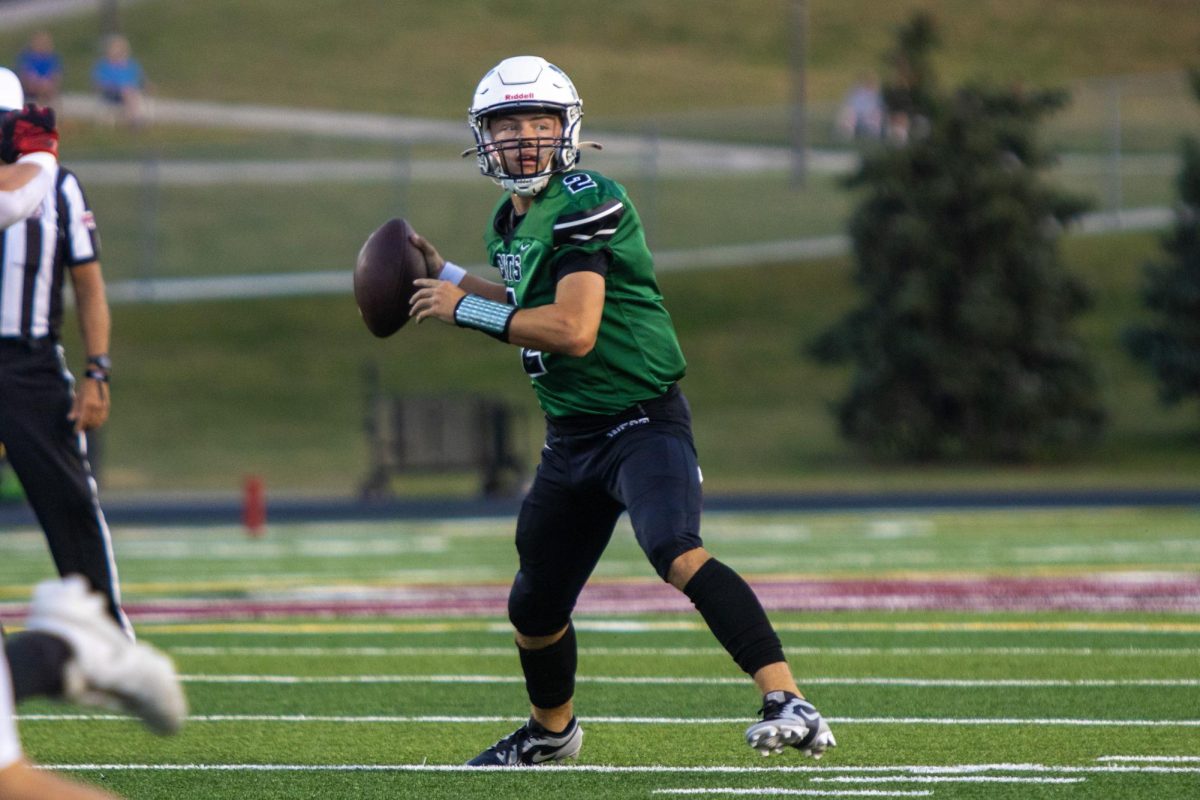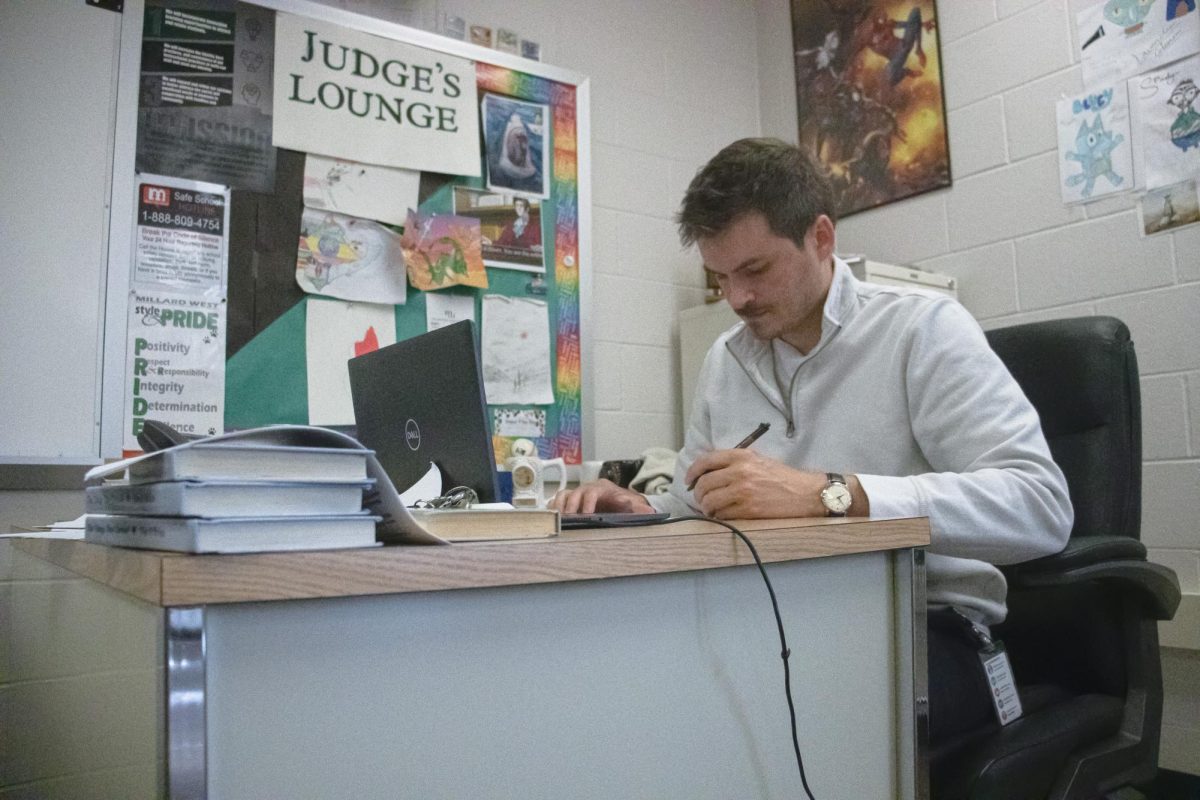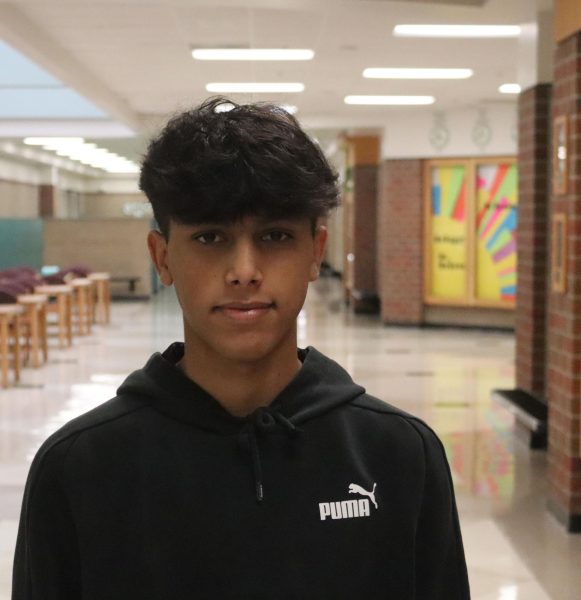
In the lunar month of Ramadan, Muslims worldwide go on a journey of self-reflection and devotion to Allah. This religious month has a special place in millions of Muslims’ hearts because of its ability to combine both community and faith.
The month starts out by seeing if the new moon is showing or not. If the new moon is showing, Ramadan has started. People then go to the mosque to pray taraweeh, which is a special sunnah prayer. There are 20 rakats in Taraweeh with long portions of the Quran being recited. After that, they sleep until the pre-dawn meal, suhoor. It is a time of nourishment, both for the body and the soul, as families gather in the predawn hours to prepare themselves for the day ahead.
Throughout the day, Muslims not only abstain from fasting but personal and worldly desires. This not only shows their devotion to God but also gets rid of the bad habits a person might be doing. Getting rid of bad habits purifies the soul and makes you happier. Fasting teaches patience, empathy and gratitude, reminding us of the blessings that often go unnoticed in the bust daily life.
The month of Ramadan connects Muslims all throughout the world through empathy. Fasting teaches the struggle the less unfortunate people face in their lives. People are also connected when they are praying Isha and Taraweeh. It is a time of spiritual communion, where the barriers of race, language and nationality are gone, and all are united in devotion.
People may see the fasting part of Ramadan as the hardest part due to the forbiddance of drinking any liquid and food, but to Muslims who’ve fasted multiple times, it is not as hard. Muslims start from an early age and get accustomed. For Muslims who haven’t fasted since they were young, they can start fasting once or twice a week for a few weeks before Ramadan starts. When people do that, they typically do them on Mondays or Thursdays.
Muslims are required to give some sort of charity whether it is money, food, or clothes. This requirement has to be fulfilled before the end of Ramadan. Charity allows for the more fortunate to connect with the less fortunate, creating a connection between the two sides. Most people usually just hold the Iftar dinners, which are the dinners where fasting is broken.
There are many health benefits to fasting and Ramadan as well. According to the Cleveland Clinic Abu Dhabi, fasting can regulate bad cholesterol which can help in weight loss. Along with weight loss, fasting during Ramadan gives your whole body a month-long detox. This can help in removing unwanted toxins and harmful things from your body. Fasting not only helps your physical health, but it also aids in boosting your mental state as well.
Overall, there has been proven many different benefits of fasting in Ramadan. Ramadan is loved by billions of Muslims all throughout the world and is practiced by those same people. Although Ramadan is an Islamic month, people from all religions are welcome to try and see what it is like to fast and do Ramadan.







